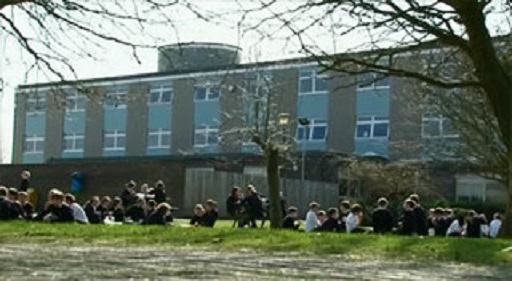7 Educational organisations
Many schools are based on historic organisational structures that shape certain aspects of their leadership. Strongly hierarchical structures tend to be very bureaucratic, with clearly articulated leadership and management layers, and clearly delineated responsibilities at each layer (Bush, 2002). Authority is derived from the power associated with particular positions within these hierarchies, and in most such organisations, tasks and policies are passed down through the layers for implementation. This notion of hierarchical power is associated with Max Weber, the founder of organisational sociology. Weber’s theories offer an important way of understanding how power and authority are differentiated and exercised within organisations, and why organisations are typically structured in the way that they are.
Some, particularly smaller or more informal organisations, for example an out-of-school club, may have looser organisational or group arrangements and an approach known as ‘collegiality’, where all of the team are involved in decision-making (Bush, 2002). Where there is a lot of consensual decision-making, the processes can take a long time, but there is said to be a stronger sense of ownership of the decisions among the team. Leadership here derives authority from shared agreements on goals and the way in which individuals work towards a common goal, perhaps akin to the power of influence discussed earlier, or power embedded in culture and tradition, as discussed by Fairbairn-Dunlop (2014).
In practice, few organisations have distinct structures, and different leadership approaches may be practised in different parts of the same organisation. Power can work through both hierarchical authority and through discourses and knowledge-sharing between individuals. Leaders may draw their power from the authority that is linked to their place in an organisational hierarchy and/or may draw on the power associated with their expert knowledge. Those who are not in designated leadership roles may exert influence on others through the power of persuasion and interpersonal relationships, by proposing new ideas for practice or alternative ways of working.
Therefore, the institutional features of organisations and the relationships between the people within them need close attention when we are discussing leadership, as the environment of a setting may or may not facilitate particular types of learning or leadership. Billett (2006) argues that the workplace is made up of particular ‘social practices that afford experiences to participate and learn’ (p. 45). ‘Affordances’ (the support and opportunities for learning) are shaped by the way that organisations reproduce themselves, power relations within and between organisations, and the motivations and intentions of individual learners. For example, the expanding size of many educational organisations, the increase in decisions and speed of decision-making required has led to a growth in what are termed ‘delegated leadership’ and ‘distributed leadership’. In short, delegated leadership is where the leadership of tasks is given to people who would not normally have that as part of their role, requiring a top-down analysis of what requires doing. Distributed leadership is where people are encouraged to show leadership for tasks that they perceive as needing attention, as a result of bottom-up analysis (Woods et al., 2004).
Activity 3
The video below introduces the North Bedfordshire Federation of Schools case study, which illustrates many of the issues that were introduced above: agency, leadership, authority and organisational structures.
Watch the video, and familiarise yourself with the case study. Notice where the issues of leadership agency, professional development and change are discussed.
Note: ‘Ofsted’ in this video refers to the UK government agency ‘Office for Standards in Education, Children’s Services and Skills’.

